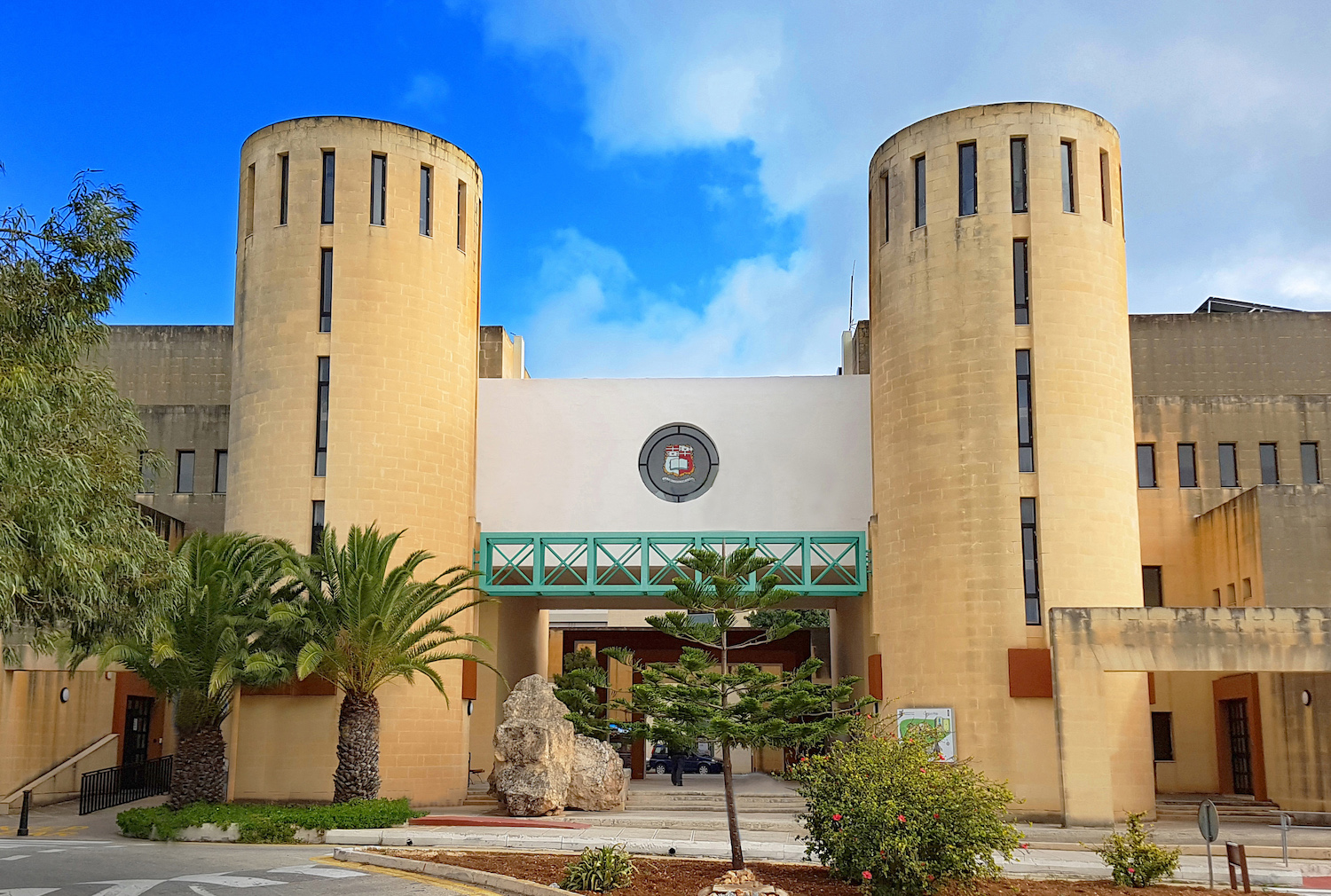[ad_1]
Liquidity providers are not rushing in. To measure market makers’ enthusiasm for bitcoin, we turn to network data: the aggregate balances of exchange wallets, as a percentage of bitcoin’s total supply. This measure of exchanges’ bitcoin flows shows some responsiveness to volatility. Year-to-date highs were set in late May and early July, when volatility was on the rise and peaking, respectively.
[ad_2]
Source link











